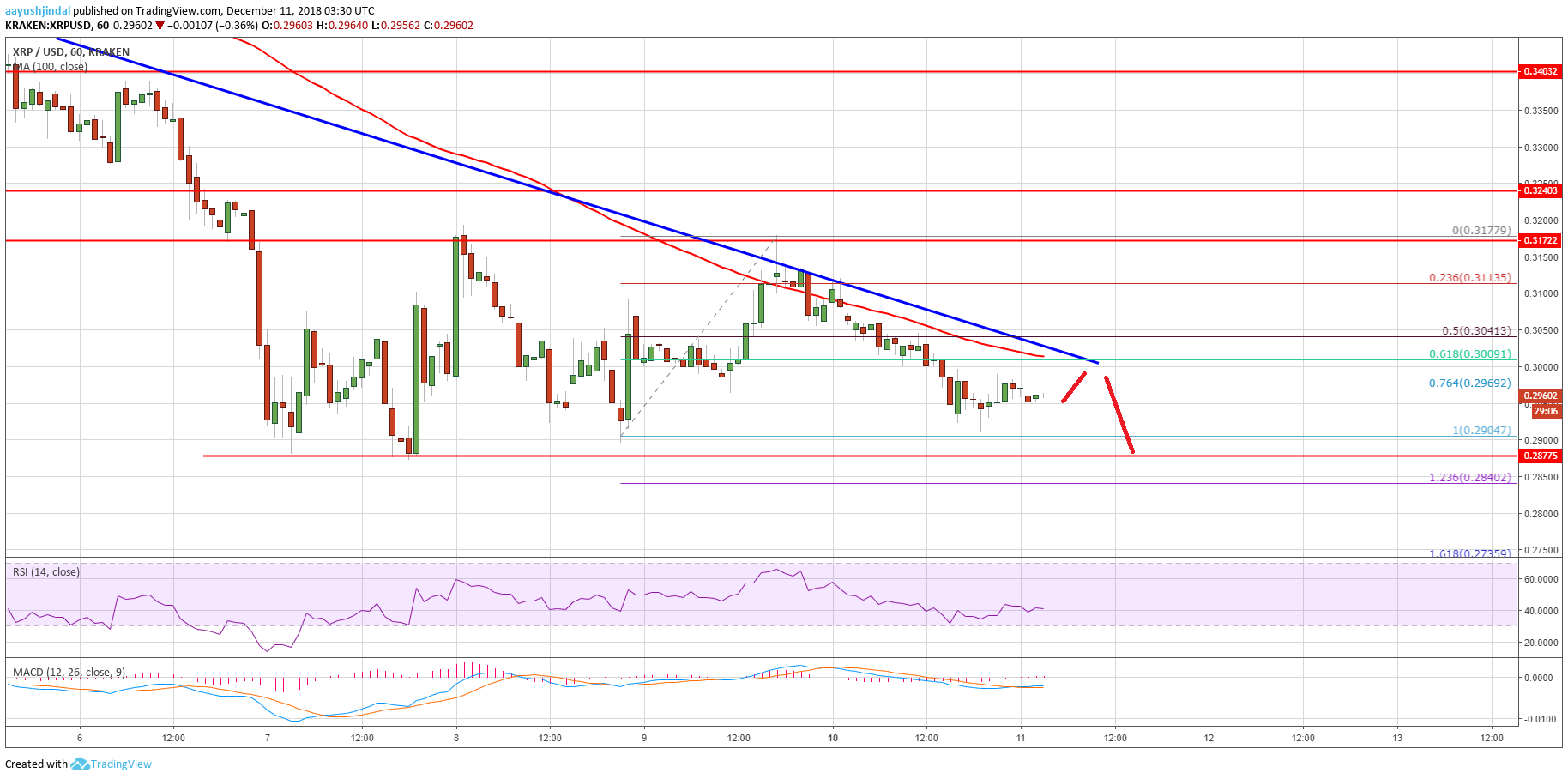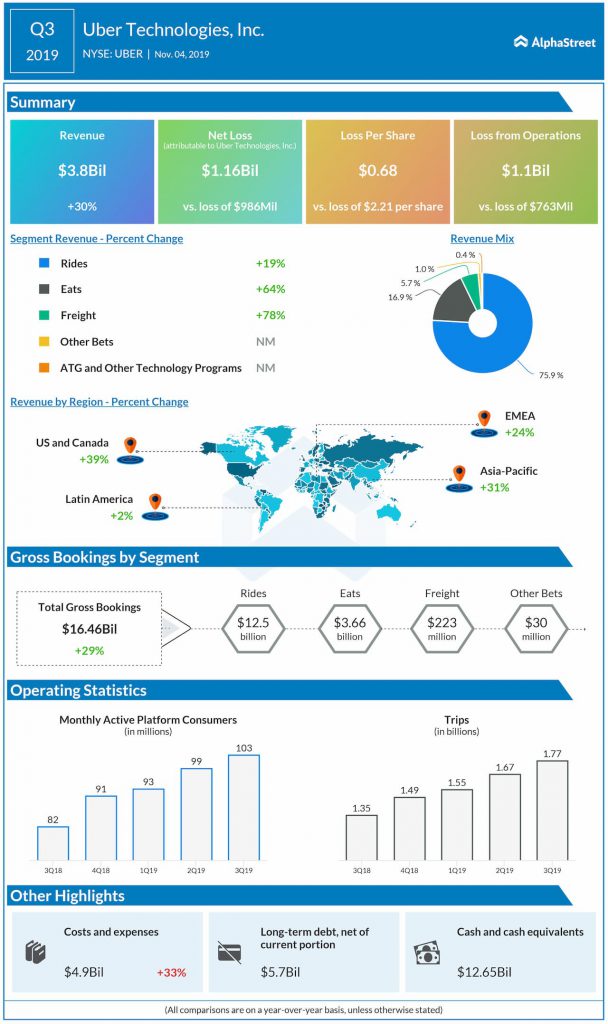Impact Of DWP's New Six-Month Universal Credit Regulation

Table of Contents
Understanding the New Six-Month Universal Credit Regulation
The core of the new regulation involves a stricter assessment of UC eligibility after six months of receiving benefits. Previously, claimants could receive UC for longer periods without stringent reassessments. Now, the DWP will scrutinize the claimant's circumstances after six months, potentially leading to a reduction or cessation of benefits.
-
Who is a "claimant" under this regulation? Essentially, anyone claiming Universal Credit and reaching the six-month mark falls under this regulation. This includes individuals who are unemployed, those in part-time work earning below the threshold, and those facing temporary financial hardship.
-
Key changes compared to the previous system:
- More frequent reviews of claimant circumstances after the initial six months.
- Increased emphasis on active job searching and engagement with DWP services.
- Potential for stricter sanctions for non-compliance.
- A more rigorous assessment of a claimant's ability to work and contribute financially.
-
Examples of situations affected: A claimant starting a new job might find their UC reduced abruptly after six months if their earnings exceed the threshold. Similarly, someone experiencing unexpected financial hardship, such as a sudden illness or family emergency, might face reduced support after this six-month period.
Impact on Job Seekers and Employment
The six-month rule could significantly influence job-seeking behaviour. Some argue it might incentivize quicker job acceptance, even if the employment is less desirable, to avoid a potential benefit cut-off. Conversely, others fear it could disincentivize job searching due to the risk of losing benefits before securing stable employment.
-
Potential increase in short-term employment: The rule might lead to an increase in individuals accepting short-term or precarious employment to avoid losing UC benefits entirely.
-
Potential positive and negative consequences for jobseekers:
- Positive: Potentially faster movement into employment.
- Negative: Increased risk of job insecurity and lower-paid employment. Increased stress and anxiety around maintaining employment to avoid benefit loss.
Financial Implications for Claimants
The financial stability of many UC claimants is directly threatened by the six-month rule. The potential for increased hardship and debt is a serious concern. A sudden reduction or termination of benefits after six months can have devastating effects on household budgets, particularly for those already struggling financially.
-
Impact on household budgets: The loss of even a portion of UC benefits can lead to significant financial strain, impacting essential expenses like rent, food, and utilities. This could lead to rent arrears, debt accumulation, and even homelessness.
-
Potential financial challenges faced by claimants:
- Increased risk of falling into debt.
- Difficulty meeting essential living expenses.
- Reduced access to healthcare and other vital services.
- Increased reliance on food banks and other charitable organizations.
Support and Resources for Affected Individuals
While the six-month rule presents challenges, various support and resources are available for affected individuals. The DWP itself provides guidance and assistance, though independent organizations play a crucial role as well.
-
Support from the DWP and other organizations: Claimants can access advice and support through the DWP website, local job centres, and dedicated helplines. Organizations like Citizens Advice and Turn2us offer valuable resources and guidance.
-
Appealing DWP decisions: If a claimant disagrees with a decision regarding their UC benefits, they have the right to appeal the decision through the appropriate channels.
-
Available support and guidance:
- Debt advice services
- Financial literacy programs
- Housing support
- Mental health support
Long-Term Effects and Potential Reforms
The long-term consequences of this six-month rule remain to be seen. Whether it achieves its intended goals of reducing reliance on benefits and promoting employment requires further evaluation. The potential for future modifications or complete reforms to the Universal Credit system is high, given the complexity and potential for unintended consequences.
- Potential future changes and areas needing further attention:
- The effectiveness of the six-month rule in achieving its objectives.
- The impact on vulnerable groups and families.
- The adequacy of support mechanisms for affected individuals.
- Potential for adjustments to the timeframe or criteria of the regulation.
Conclusion
The DWP's new six-month Universal Credit regulation presents both opportunities and challenges. While it aims to encourage employment, its impact on claimants' financial stability and well-being is a significant concern. Understanding the implications of this regulation is crucial for both job seekers and those already receiving UC benefits. The potential for increased short-term employment, financial hardship, and the need for adequate support mechanisms are key takeaways.
Call to Action: Stay informed about changes to the DWP's Universal Credit system and understand the implications of the new six-month regulation. Learn more about accessing support and resources available to you by visiting the [link to DWP website], [link to Citizens Advice website], and [link to Turn2us website]. Don't hesitate to seek help if you are struggling with the changes to your Universal Credit benefits.

Featured Posts
-
 Trumps Post Impacts Xrp Ripple Price Analysis
May 08, 2025
Trumps Post Impacts Xrp Ripple Price Analysis
May 08, 2025 -
 Is Uber Technologies Uber A Smart Investment
May 08, 2025
Is Uber Technologies Uber A Smart Investment
May 08, 2025 -
 Brookfields Strategic Response To Market Volatility Opportunistic Investments
May 08, 2025
Brookfields Strategic Response To Market Volatility Opportunistic Investments
May 08, 2025 -
 Andor Season 1 Where To Stream Episodes 1 3 Hulu And You Tube
May 08, 2025
Andor Season 1 Where To Stream Episodes 1 3 Hulu And You Tube
May 08, 2025 -
 Gary Nevilles Psg Vs Arsenal Prediction Nervous Energy Ahead
May 08, 2025
Gary Nevilles Psg Vs Arsenal Prediction Nervous Energy Ahead
May 08, 2025
Latest Posts
-
 Hoe Brekelmans India Zo Veel Mogelijk Aan Zijn Zijde Wil Houden
May 09, 2025
Hoe Brekelmans India Zo Veel Mogelijk Aan Zijn Zijde Wil Houden
May 09, 2025 -
 De Indiase Strategie Van Brekelmans Doelen En Methoden
May 09, 2025
De Indiase Strategie Van Brekelmans Doelen En Methoden
May 09, 2025 -
 Analysis India Overtakes Uk France And Russia In Latest Power Index
May 09, 2025
Analysis India Overtakes Uk France And Russia In Latest Power Index
May 09, 2025 -
 Handhaven Van De Relatie Brekelmans India Kansen En Bedreigingen
May 09, 2025
Handhaven Van De Relatie Brekelmans India Kansen En Bedreigingen
May 09, 2025 -
 Global Power Shift Indias Ascent And The New World Order
May 09, 2025
Global Power Shift Indias Ascent And The New World Order
May 09, 2025
